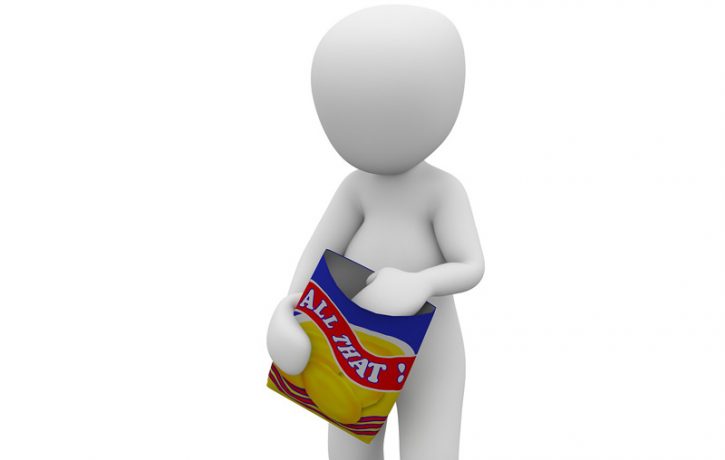in Nutrition
3 of the Biggest Misconceptions About Nutrition

1) Calories matter
Everyone has heard of the calorie equation:
calories in < calories out = weight loss
calories in > calories out = weight gain
We now know that as is often the case in nutrition, this was too much of a simplistic concept. You may have come across the statement that overeating 50 kcal/day leads to a 5 lb weight gain over the course of a year. But can you really gauge your daily calorie intake exactly to 2,000 kcal/day (or whatever your personal requirement is)? 50 kcal are less than one chocolate digestive. If such a small change had such a big impact, just eating 1,950 kcal a day would be sufficient to lose all the weight you wanted over time.
The calorie content of food is established in labs by burning food and measuring the amount of energy released in the process. That’s physics, and what goes on in the body once you have ingested your food is biology, biochemistry. What happens as food is burned for energy within the body is not the same as burning it in a lab, so calorie-counting is not really all that helpful.
2) Eating fat makes you fat
Many of us avoid nuts, eggs or avocados because of their fat content. The concept that eating fat makes us fat has been established for decades, but more and more research is now emerging that shows that dietary fat – not even saturated fat! – does not lead to weight gain.
Energy from fat is difficult to store, as eating fat does not trigger the release of insulin – the fat-storage hormone. Only sugar and carbohydrates do that. So, when we eat fat, some of it is used for cell maintenance and repair, any excess is burned for energy. Carbohydrates will cause insulin spikes, and in the presence of insulin, excess sugar can be converted into fat and stored in fat cells. It is really carbs that cause weight gain, not fat.
Further reading: David Ludwig – Always hungry? – Mark Hyman: Eat fat, get thin.
3) Only people who want to lose weight need to consider their diets
Nutrition, clearly, has something to do with diet. And ‘diet’ with calorie-counting. But you are slim and healthy, maybe even athletic. Why would you worry about nutrition?
Everything that happens in your body, every bodily function, repair, development, growth, digestion, procreation, learning, everything depends on the availability of the raw materials (= nutrients) required to do all this. If they are not supplied, things will eventually go wrong. By the same token, malfunction – disease – can also occur if undesirable chemicals are supplied.
The body has a great capacity to compensate for malnourishment for many years, but if vitamins, minerals and phytonutrients from fresh fruit and veg, nuts, and seeds, fish, grass-fed and free-range meat and eggs are not supplied, while at the same time sugar and refined carbohydrates, artificial sweeteners, trans-fats, colourings, stabilisers, flavourings, emulsifiers and pesticides are, something has got to give.
Everyone should consider what they put into their mouths: The old and the young, the slim and the overweight, the active and the couch potatoes. Nutrition matters to all of us.
- Deepen Embodiment: Somatic Breathing with the Realization Process - 20th June 2025
- How Massage Transforms Muscle and Physical Health - 16th May 2025
- What is Traditional Chinese Medicine (TCM)? - 29th April 2025
